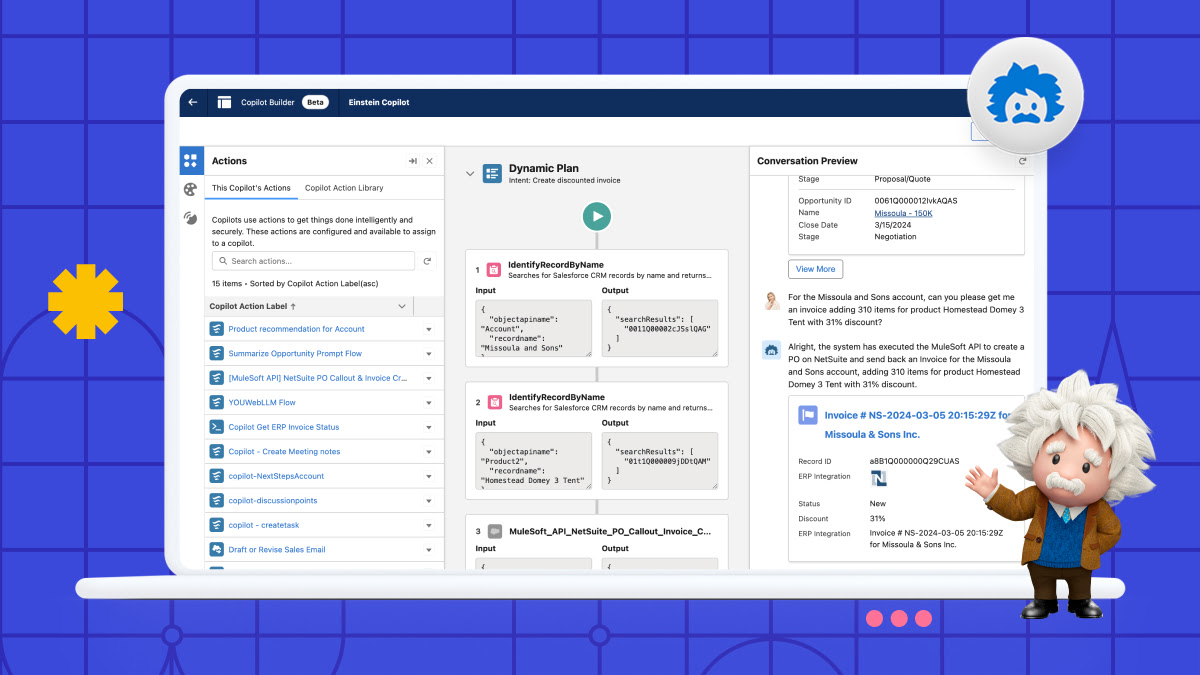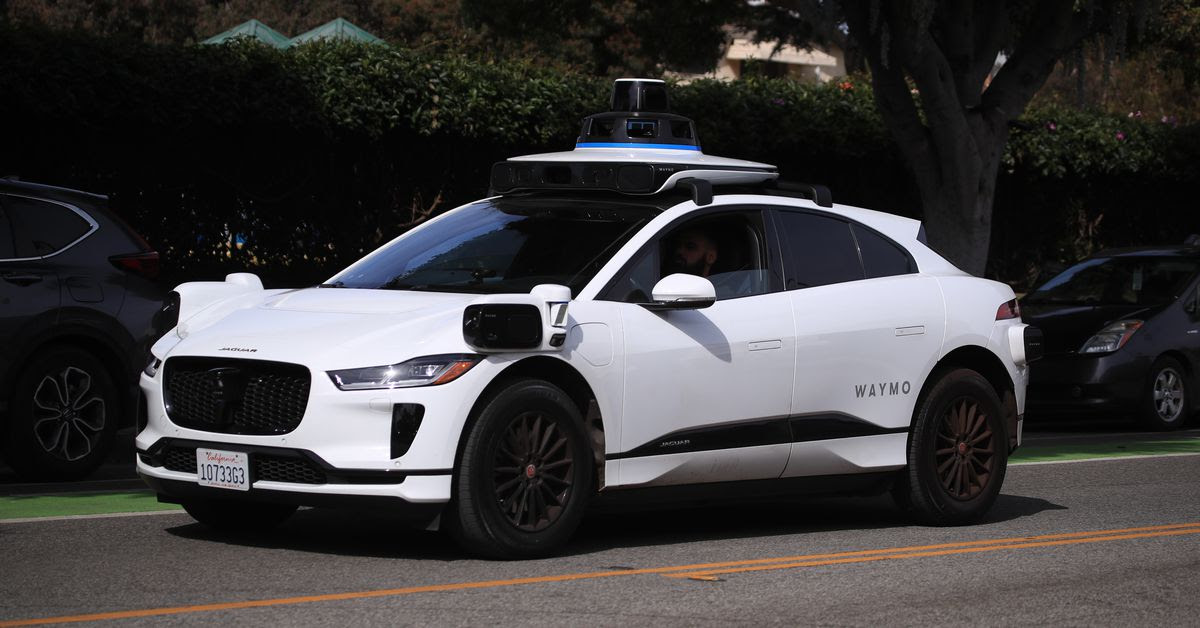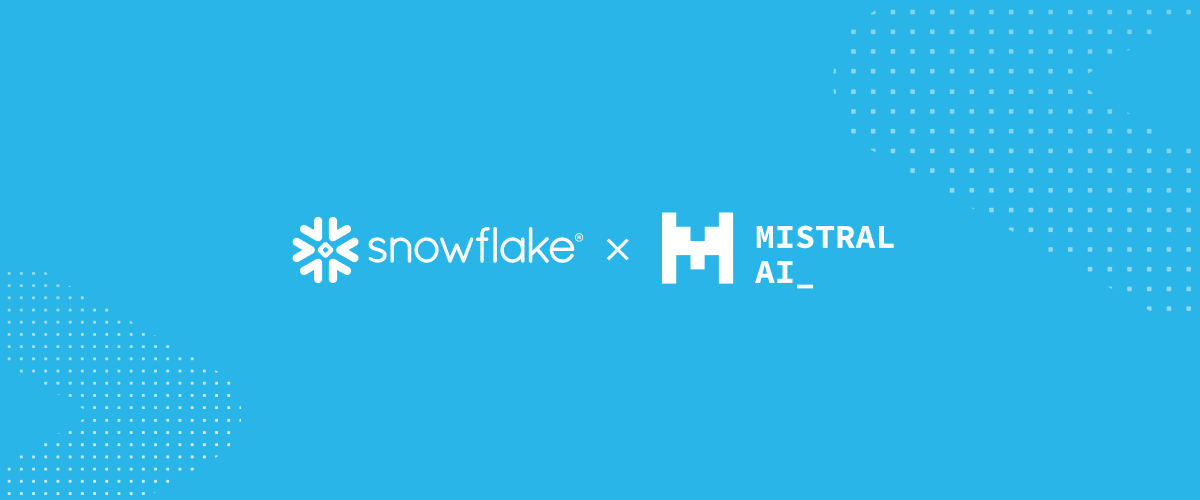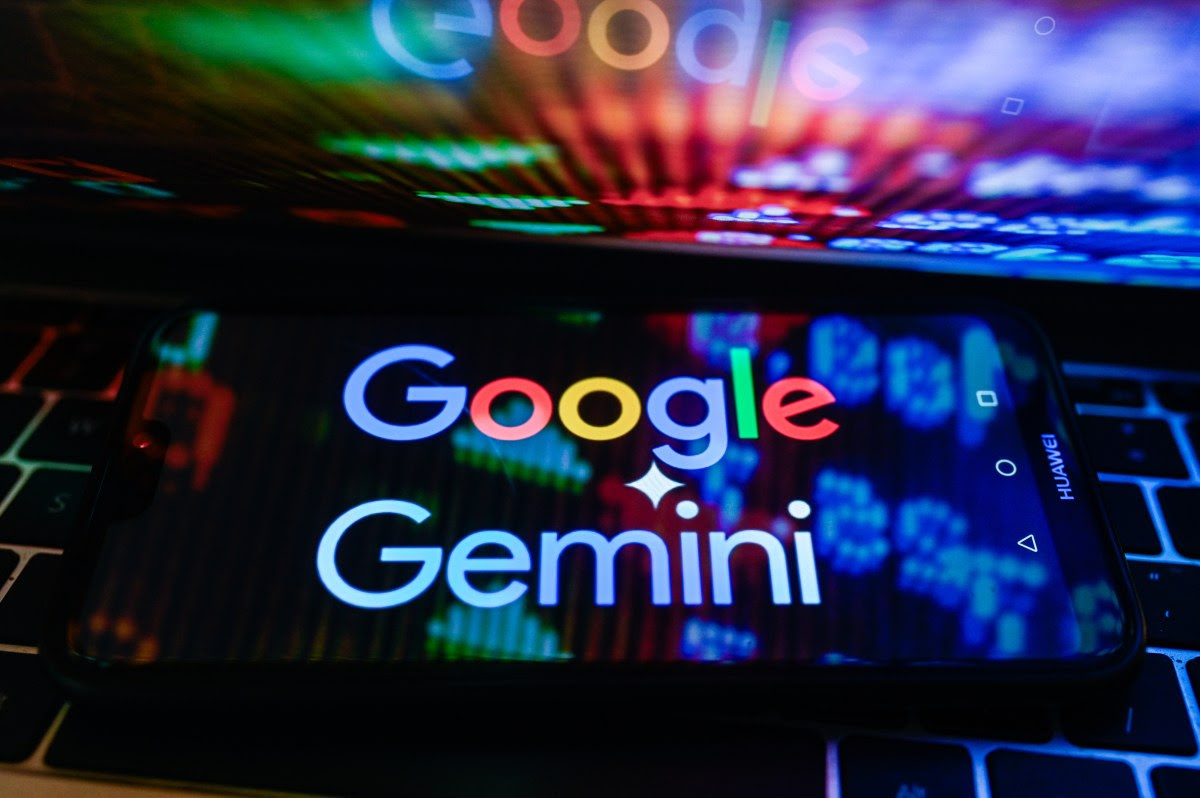Version 32.0

Written & Compiled by Macklin Andrick, GPJ Sr. Creative Technologist
GPJ’s Experience Technology practice is your trusted guide through the latest technological shifts and how they might benefit your next experience. Another week, another opportunity to explore some of the weird and wild things going on in the tech world!
In this week’s roundup of the digital cosmos, we’re diving into a realm where nostalgia meets novelty. Google DeepMind develops a new generative model that transforms mere concept sketches into Super Mario-esque gaming adventures. At Salesforce, they’re breaking down barriers with Einstein 1 Studio, making AI easy to mix into your CRM. In mobility news, California’s giving Waymo the thumbs up to take its robotaxis onto the fast lane, promising smoother commutes and thrilling tales of autonomous navigation. Buckle up as we navigate through these electrifying updates, where the only constant is change, and every pixel is a possibility!

Google DeepMind’s new model makes Super Mario–like games from scratch
Google DeepMind has developed a new generative model named Genie, capable of transforming short descriptions, hand-drawn sketches, or photos into playable video games reminiscent of classic 2D platformers like Super Mario Bros., albeit running at a modest one frame per second. Trained on 30,000 hours of video from hundreds of platform games, Genie represents a significant advancement in using video data alone to learn game dynamics and visual styles, sidestepping the labor-intensive task of tagging video footage with input actions. This model, which generates game frames in real-time based on player actions, could potentially accelerate game development and serve as a foundational technology for training AI in virtual environments and robotics. While currently an in-house research project and not available for public use, the technologies underlying Genie hold promise for creating efficient, creative tools in game design and beyond.
Salesforce launches Einstein 1 Studio
Salesforce announced the launch of Einstein 1 Studio at TrailblazerDX, providing a suite of low-code tools designed for Salesforce admins and developers to customize and enhance AI capabilities across Salesforce applications, including the conversational AI assistant, Einstein Copilot. Einstein 1 Studio facilitates the creation of custom AI actions, prompts, and models through features like Copilot Builder, Prompt Builder, and Model Builder, integrating closely with Data Cloud for a comprehensive understanding of customer data. This innovation addresses the challenge of implementing generative AI technology in business by making it easier to interact with AI, tailor AI models to specific use cases, and access trusted data. With this launch, Salesforce aims to democratize AI app development, enabling businesses to improve productivity, enhance customer experiences, and drive innovation while maintaining high standards of security and data privacy.


California gives Waymo the green light to expand robotaxi operations
California regulators have granted Waymo permission to expand its robotaxi operations to include driving on highways in parts of Los Angeles and the Bay Area, allowing the company’s self-driving vehicles to travel at speeds up to 65mph in approved areas. This approval comes after a temporary hold by the California Public Utilities Commission (CPUC) due to safety concerns and opposition from various city agencies. Despite high-profile incidents involving Waymo and other autonomous vehicles, CPUC has recognized Waymo’s commitment to continuously improving its technology and safety practices. The decision to allow expansion was made without the need for further hearings requested by the Los Angeles Department of Transportation, despite ongoing debates about regulatory authority over robotaxis. Waymo plans a cautious approach to this expansion, with no immediate plans to venture onto highways.
Snowflake brings industry-leading language models to enterprises with Snowflake Cortex
Snowflake, a leading Data Cloud company, has announced a global partnership with Mistral AI, a top European AI solutions provider, to integrate Mistral AI’s advanced language models into the Snowflake Data Cloud. This collaboration, supported by Snowflake Ventures’ investment in Mistral AI’s Series A funding, will make Mistral AI’s powerful large language models (LLMs), including Mistral Large and Mixtral 8x7B, accessible to Snowflake customers for creating sophisticated, AI-driven applications. These models are notable for their high performance, unique reasoning capacities, proficiency in multiple languages, and ability to process extensive documents. The partnership aims to democratize AI, enabling users to build AI apps that leverage secure, private, and governance-compliant enterprise data. Snowflake Cortex, a fully managed LLM and vector search service, will facilitate the easy, secure development of generative AI apps, further enhancing Snowflake’s commitment to AI innovation within its ecosystem and the broader tech community.


Google brings Stack Overflow’s knowledge base to Gemini for Google Cloud
Stack Overflow has partnered with Google to integrate its vast knowledge base into Gemini for Google Cloud, utilizing a newly launched OverflowAPI. This collaboration will allow Google Cloud’s console to feature validated Stack Overflow answers directly, enriching the user experience with AI-powered solutions and expert-validated content. The partnership, announced as non-exclusive and financially undisclosed, aims to provide developers with seamless access to high-quality, reliable answers within the Google Cloud environment, blending AI-generated responses with Stack Overflow’s trusted knowledge base. Additionally, Stack Overflow plans to leverage Google’s Vertex AI platform to enhance its own site with AI capabilities, such as support in question-asking and moderation, ensuring the maintenance of high-quality content. This initiative reflects a broader strategy to integrate AI tools into developer workflows without compromising the quality or trustworthiness of the information provided, effectively merging human expertise with AI efficiency.
Vehicles need fewer screens and more buttons, says EU automotive body
The European New Car Assessment Program (Euro NCAP) is set to implement new testing guidelines in January 2026, mandating that vehicles must incorporate physical controls for basic functions—such as hazard warning lights, indicators, windscreen wipers, SOS calls, and the horn—to be eligible for a five-star safety rating. This move aims to curb the prevalent industry trend of integrating key vehicle controls into touchscreens, which necessitates drivers to divert their attention from the road, thereby increasing the risk of distraction-related accidents. While compliance with Euro NCAP’s safety assessments is voluntary, the ratings are highly regarded and often used by manufacturers, including prominent brands like Tesla and Volkswagen, to highlight the safety credentials of their vehicles to consumers. The push towards reintroducing physical controls comes amid growing concerns over the safety implications of touchscreen interfaces, despite their cost-effectiveness for manufacturer.

More Cool Stuff We Found
- Rivian surprises with R3 and R3X electric SUVs
- Google Chrome will soon let you install any webpage as a desktop web app
- I worked exclusively in Vision Pro for a week—here’s how it went
- MIT just released directions for commercializing perovskite solar cells
- How scientists are using sound waves to hack the brain
- Experience, not Technology
- Autoflux Resilient Aquatic Units Shapeshift Between Emergency and Living States
- Brian Eno’s Turntable II Glows In Different Acrylic Neon Lights As The Vinyl Record Plays
Missed a Creative Tech Byte? Find all previous versions here.